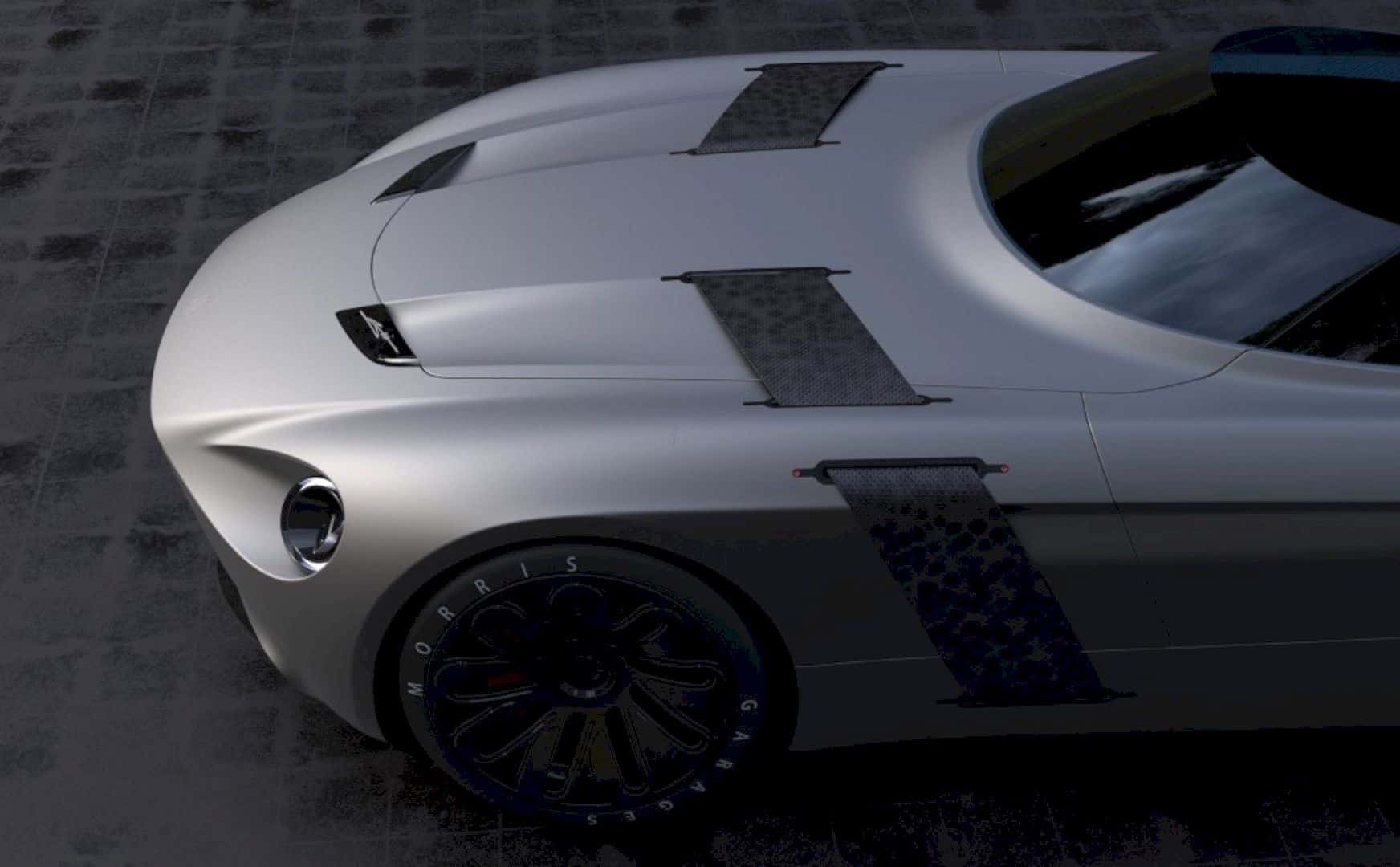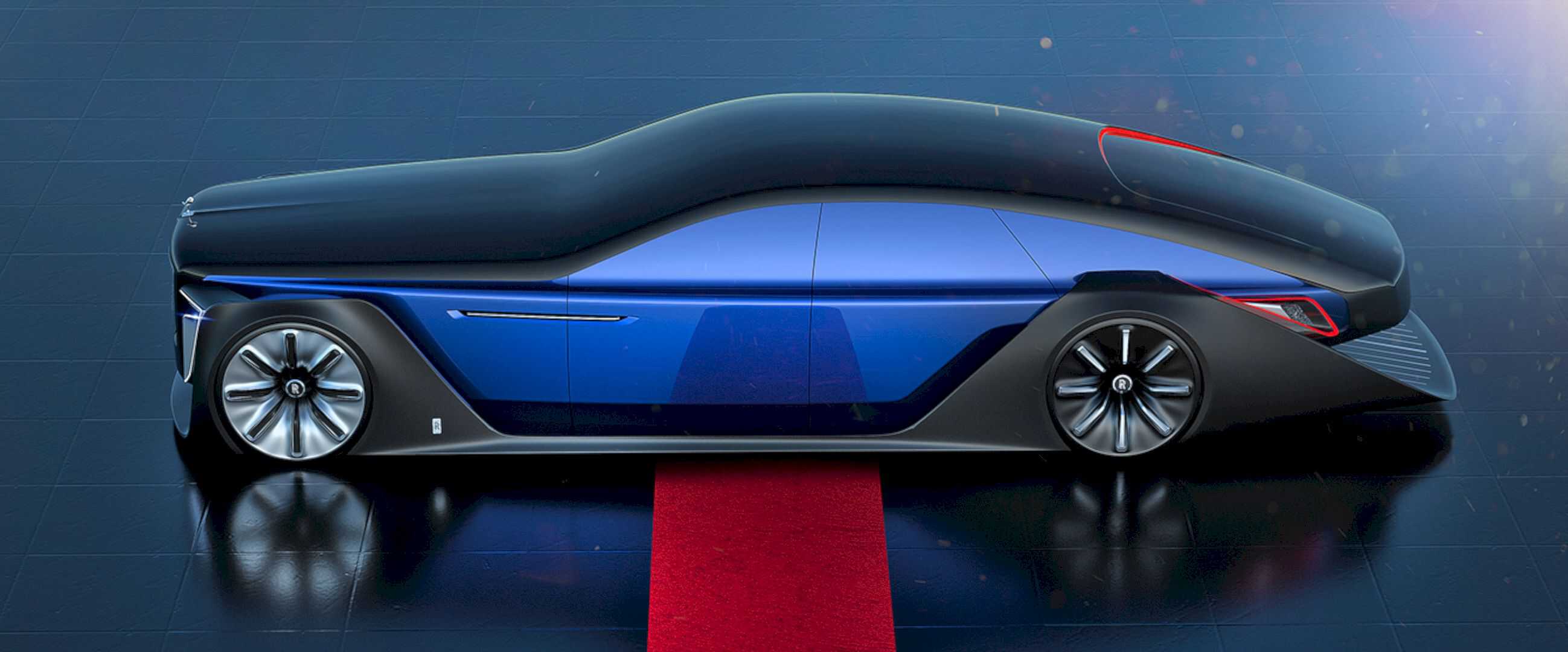Appearing close by the AI vehicle at Tokyo will be the Concept-I Ride. For the Tokyo automobile expo, the Concept-I collaborates with two support vehicles, the Ride and the Walk, both of which share a more selfless reason for helping the handicapped and the elderly to remain versatile.

Those concepts preview Toyota’s vision for small-scale personal mobility. The company describes them as boosting mobility for everyone, including the disabled and elderly, and demonstrating the benefits of shared mobility.
Exterior

The Concept-I Ride is a cleaned little stone that is almost two feet shorter than Toyota’s iQ microcar. An EV, the Ride has a scope of 62 to 93 miles. Its greatest advantage is that hand controls supplant the pedals and the directing wheel.


The gullwing entryways make entering the auto simple, and the focal front seat slides left or right, contingent upon which entryway is opened. In spite of its name, the Ride is completely drivable. The Ride has stacking space for a collapsed wheelchair, and there’s an overlap passenger seat situate on the left side.
Interior

The driver is situated halfway when the vehicle is being driven. Assistance functions such as automated parking/automated valet parking are provided so that anyone, not only wheel-chair users (elderly people, for example) can drive safely and with peace of mind.

The AI Agent, a component of all the Concept-I concept series, is situated on a vast display on the instrument board. It effectively displays data to help and improve ventures.
The auto is likewise outfitted with a power seat to address the issues wheelchair clients have with entering the vehicle by giving a plentiful scope of movement.
The Mobility for All

This vehicle is intended to be completely electric with an aggregate scope of in the vicinity of 100 and 150 km, or up to 93 miles on a solitary charge. It should function admirably for those in an urban domain for a car that can be used to run errands locally and sporadically take short day trips. Toyota hopes to field the Concept-i series by around 2020.


